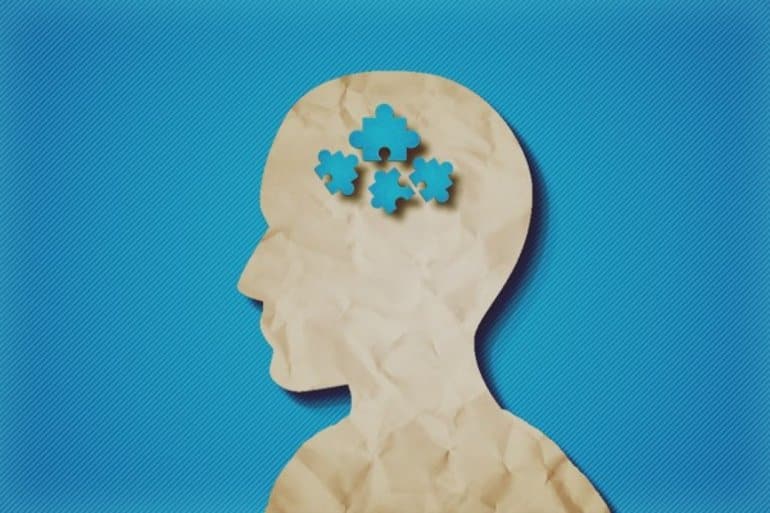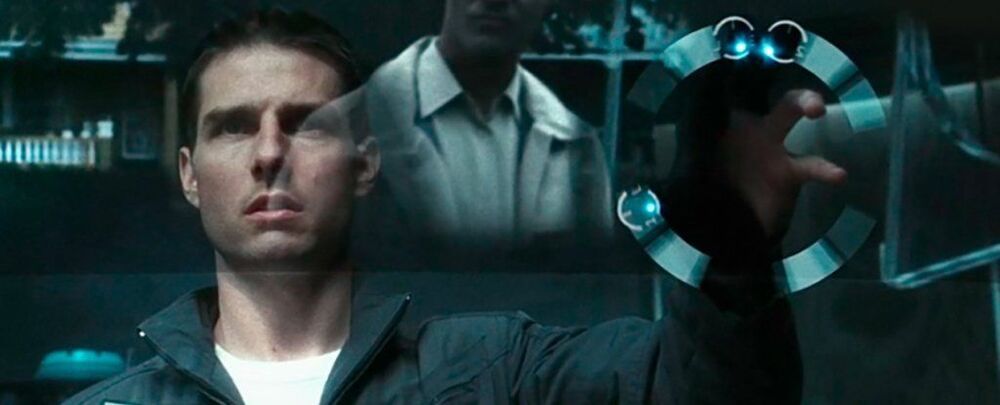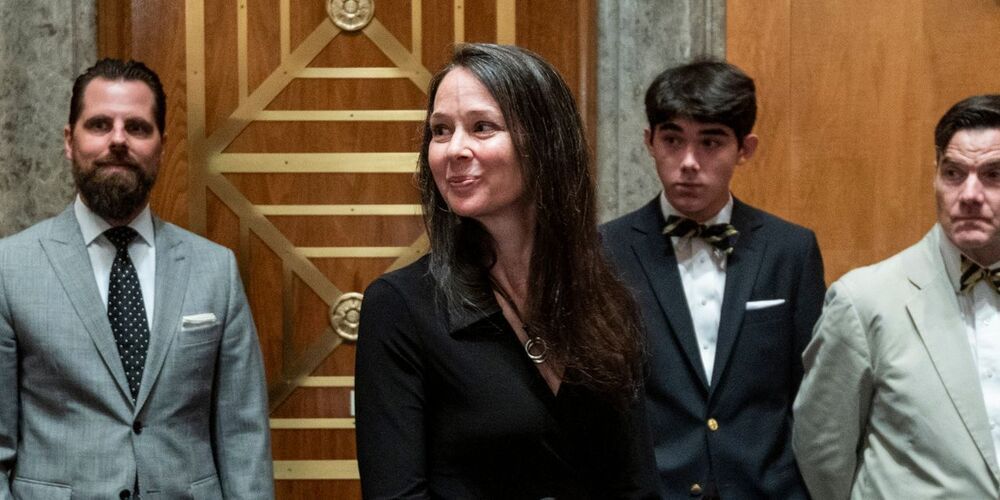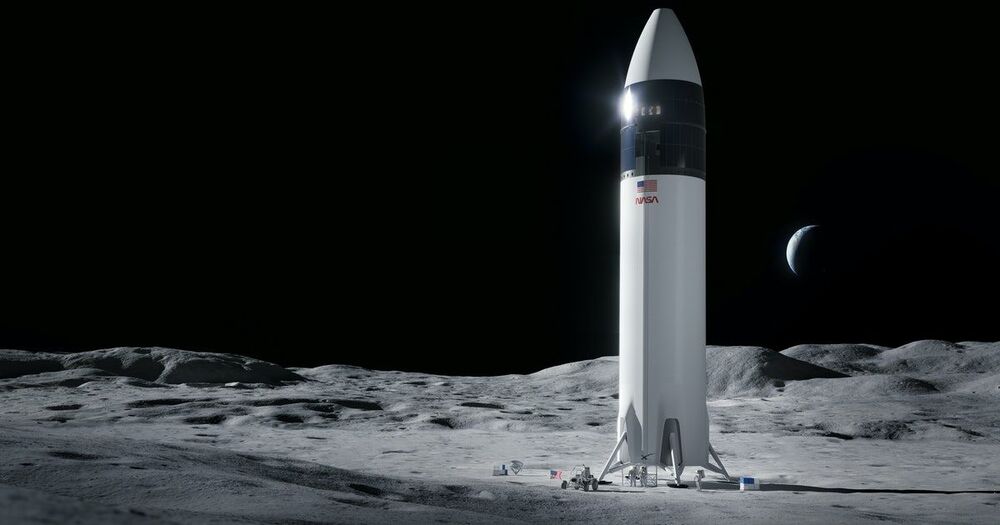Astronomers have seen light from BEHIND a black hole for the first time. I explained the discovery and results to my editor, Levi. Congrats to D. Wilkins and the astronomy team!
Tap dat Patreon → https://www.patreon.com/physicsgirl.
Special thank you to our X-Ray tier patrons: Carlos Patricio, David Cichowski, Eddie Sabbah, Fabrice Eap, Gil Chesterton, Isabel Herstek, Margaux Lopez, Matt Kaminski, Michael Schneider, Patrick Olson, Tommy Joseph, Vikram Bhat, Vincent Argiro, wc993219.
http://physicsgirl.org/
http://twitter.com/thephysicsgirl.
http://facebook.com/thephysicsgirl.
http://instagram.com/thephysicsgirl.
Creator/Host: Dianna Cowern.
Videographer/Editor: Levi Butner.
Resources and links.






